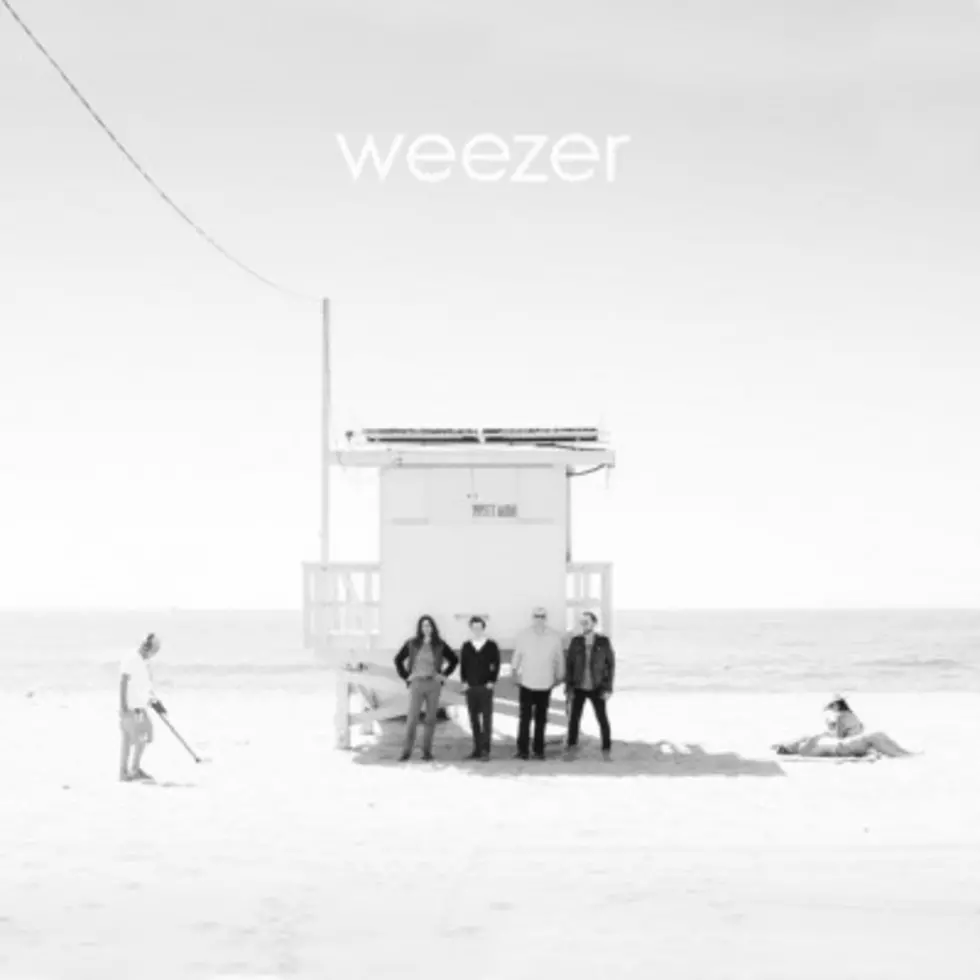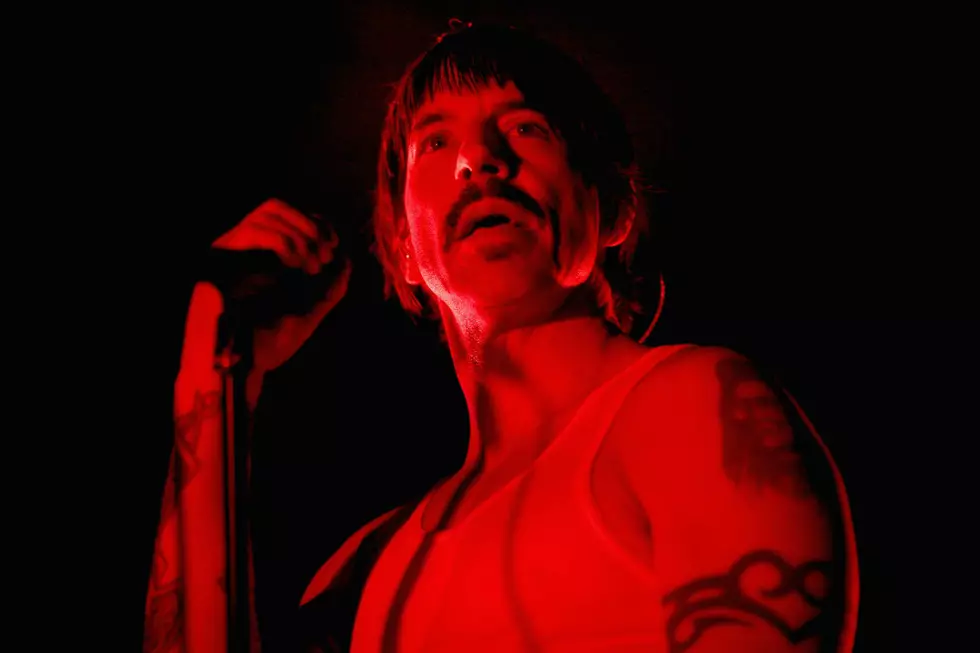
Album Review: Weezer, ‘The White Album’
At this point in Weezer’s 24-year career, the prospect of a new album is kind of like the latest Star Wars sequel: You hope it somehow carries on the tradition of the early chapters, while avoiding the malaise of the much-maligned middle period. As long as the band evade the sonic equivalent of Jar Jar Binks, it’s usually not a total loss.
That’s because, like the original Star Wars trilogy, the first two Weezer albums – their self-titled 1994 debut (aka "the Blue Album") and 1996's Pinkerton – remain modern masterpieces and adored by fans. Everything the band have released after that has been held up against those first two albums, and in each case, the new material has fallen short to one degree or another. Perhaps not surprisingly, Weezer's latest self-titled work (aka "The White Album") is no different.
On paper, the new record was poised to be another Weezer “return to classic form” like 2014’s Everything Will Be Alright In The End. The White Album is the first "concept album" they've done since Pinkerton (which was a loose adaptation of Madame Butterfly). This time, the narrative revolves around a classic boy-meets-girl, girl-disses-boy scenario. It’s also heavily influenced by life in Los Angeles, which has regularly informed Weezer material over the years. Still, it’s just not enough.
What’s most noticeably missing is the crushing guitar of the first two records. Sure, there are moments on The White Album when Weezer get their rock on, but these little snippets of overdriven glory seem like a mere tease compared to the ever-present crunch of The Blue Album. It’s unreasonable to expect an artist to remain exactly the same (especially for 24 years), but it’s clear on The White Album that Weezer's days of turning up the volume and channeling KISS in the lyrical garage of frontman Rivers Cuomo have now sailed past. Tapping producer Jake Sinclair (Taylor Swift, 5 Seconds of Summer) only underscored the band’s latest mainstream direction.
Cuomo attempts to revisit the cheeky, nerd-boy humor that has come to define the band's best work, but it's half-hearted here with lines that sound more like inside references than excerpts of pop culture. He bombards us with SAT words (like the cloudy observation about “cumulonimbus in the sky” or mythological Greek king Sisyphus, rolling a stone downhill in “Wind in Our Sail”) but it all feels like an exercise in “look how clever I am" songwriting. The obscure, metaphorical personal revelations of tracks like “Do You Wanna Get High?” (about Cuomo’s past addiction to prescription drugs) and “King of the World” (an ode to his anxiety-afflicted wife) are far more indicative of The White Album. Interesting? Sure. Universally relatable? Not so much.
Even the catchiest track on the album, “L.A. Girlz,” is steeped in an inexplicable vagueness that Cuomo would’ve obliterated in the past, telling the female subjects of the tune to “please act your age / sweeten up your lemonade,” but offering no indication as to why, other than complaining, “You treat me like the plague.” It’s like enjoying an appetizer without a main course to follow it.
So sure, The White Album definitely sounds like a Weezer record, at least on the surface. Is it up there with the first two albums? Hell no. It’s not even as compelling as Everything Will Be Alright In The End. Perhaps it’s time to stop expecting Weezer to recapture their ’90s magic, and just be happy with what we already have.
More From Mix 93.1







![Weezer Sets Up Its Own Rock Cruise, Setting Sail in January 2012 [VIDEO]](http://townsquare.media/site/185/files/2011/07/Weezer-Cruise.jpg?w=980&q=75)


